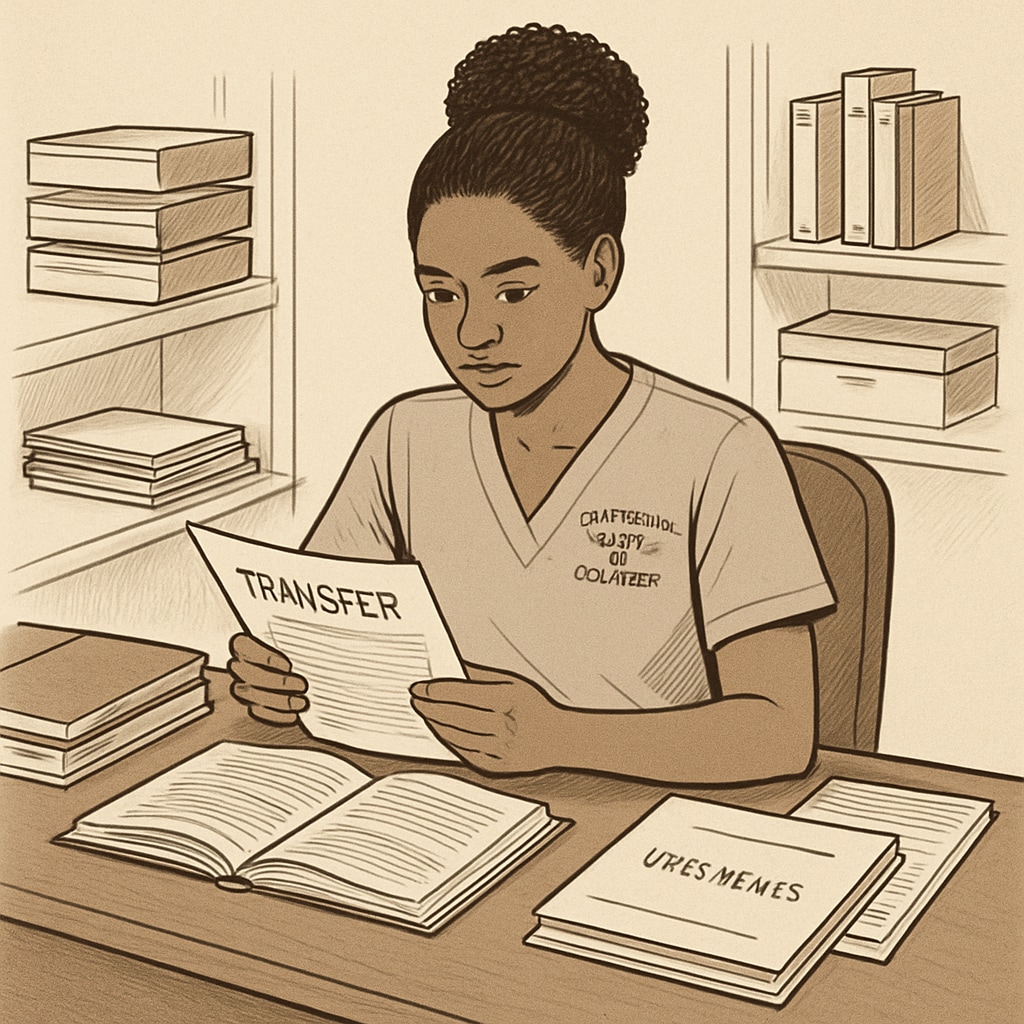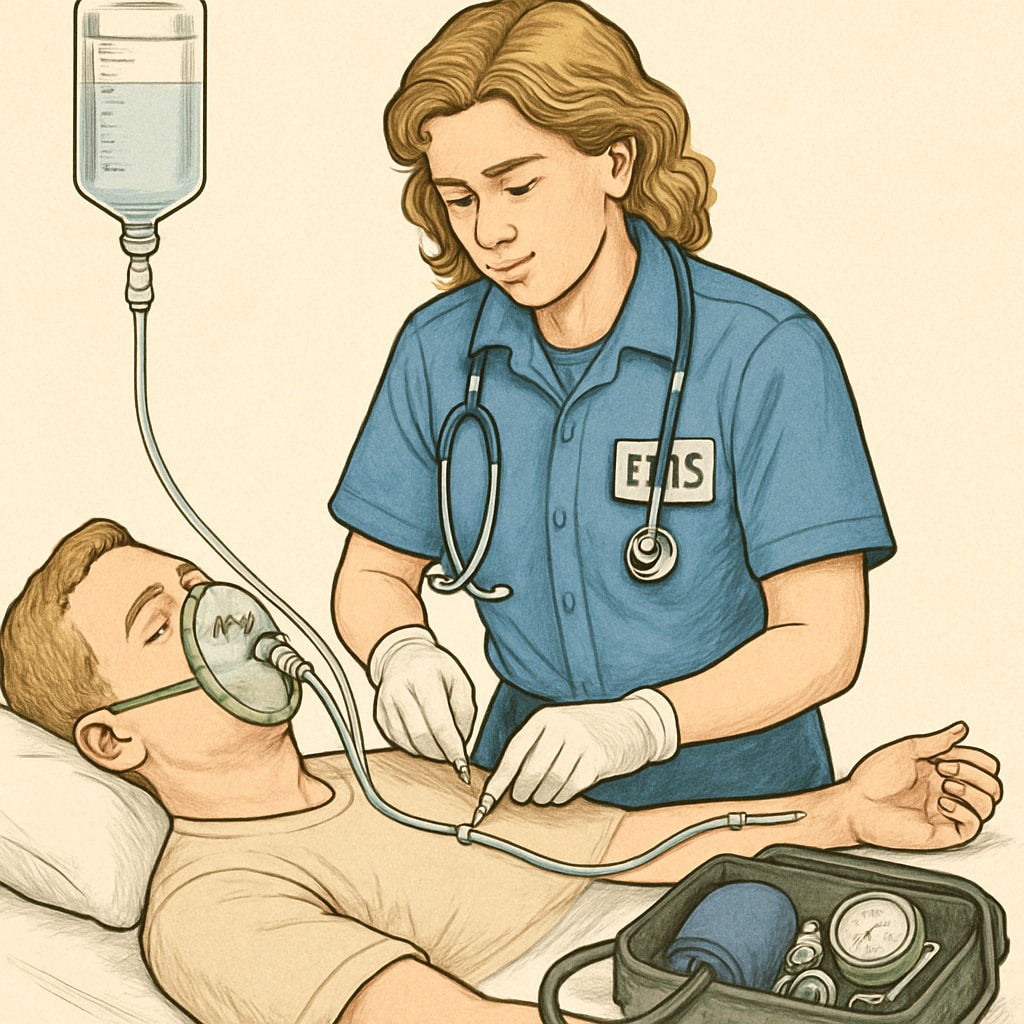Transferring from a community college to a university nursing program is a significant milestone in achieving your career aspirations. For nursing students with a GPA of 3.2, strategic planning and leveraging EMT experience can make a notable difference in securing admission to universities like UMKC, Missouri State, or Arkansas. This article provides actionable advice on school selection, application preparation, and strategies to enhance your profile for a successful transfer.

Choosing the Right University for Your Nursing Major Transfer
Deciding where to transfer is one of the most critical aspects of your journey. Universities such as UMKC, Missouri State, and Arkansas offer reputable nursing programs, but each has unique strengths. UMKC, for example, is known for its urban location and access to diverse healthcare facilities, while Missouri State emphasizes hands-on clinical training. Arkansas provides a balance of affordability and comprehensive nursing education.
When choosing a university, consider factors such as:
- Academic Fit: Does the university nursing program align with your career goals?
- Location: Is proximity to healthcare facilities or family important?
- Cost: Are tuition fees and potential scholarships manageable within your budget?
- Transfer Requirements: Does the program accept a GPA of 3.2, and are there additional qualifications needed?
Researching and comparing these factors will help you make an informed decision about your transfer destination.
Preparing a Competitive Transfer Application
To ensure a successful transfer, it’s crucial to present a strong application. Universities typically evaluate academic performance, extracurricular involvement, and relevant healthcare experience. While a GPA of 3.2 is generally acceptable for many nursing programs, consider ways to highlight other strengths in your profile.
Key components of a standout application include:
- Transcripts: Ensure all your grades are accurately documented and meet prerequisite requirements.
- Personal Statement: Write a compelling narrative about your passion for nursing and commitment to healthcare.
- Letters of Recommendation: Secure endorsements from professors or healthcare professionals who can attest to your skills and dedication.
- Extracurriculars: Highlight volunteer work, clubs, or activities related to nursing.
In addition, research the transfer policies of your target universities to understand deadlines and specific requirements.

Leveraging EMT Experience to Strengthen Your Application
EMT (Emergency Medical Technician) experience can significantly enhance your nursing program application. As an EMT, you gain firsthand exposure to patient care, emergency situations, and medical decision-making—skills that are highly relevant to nursing. Admissions committees value applicants who demonstrate practical healthcare experience, as it shows dedication to the profession and readiness for clinical challenges.
Here’s how EMT experience can elevate your application:
- Enhanced Skills: Proficiency in patient care, communication, and medical procedures.
- Demonstrated Commitment: A proven track record of working in the healthcare field.
- Networking Opportunities: Connections with healthcare professionals who can provide mentorship or recommendations.
- Unique Perspective: Insights into emergency medicine that differentiate you from other applicants.
If you haven’t already obtained EMT certification, consider enrolling in a program at your community college or local training center. This investment can pay off significantly in strengthening your nursing application.
Final Thoughts: Mapping Your Nursing Career Journey
Transferring to a university nursing program requires careful planning and dedication. By selecting the right school, preparing a robust application, and leveraging EMT experience, community college students can maximize their chances of acceptance and thrive in their chosen field. Remember, the nursing profession values resilience, compassion, and a proactive approach—all qualities that you can demonstrate through your transfer strategy.
As you embark on this journey, stay focused on your long-term career goals and seek support from academic advisors, mentors, and peers. With the right preparation, your nursing dreams are well within reach.
Readability guidance: Use concise paragraphs, include lists to simplify key points, and incorporate transition words for smoother navigation. Keep the tone professional yet approachable for aspiring nursing students.


